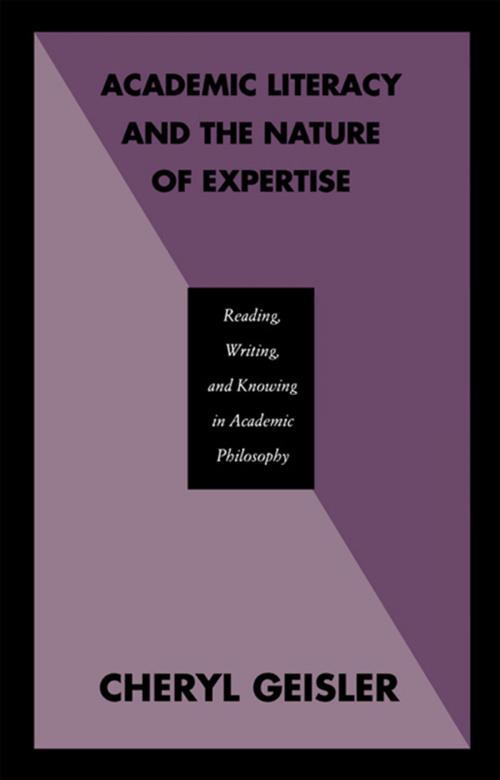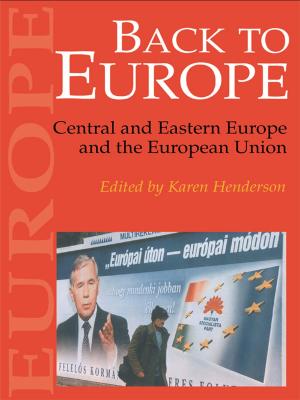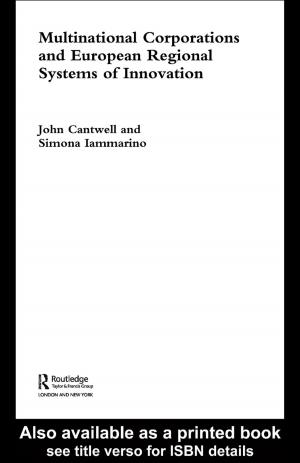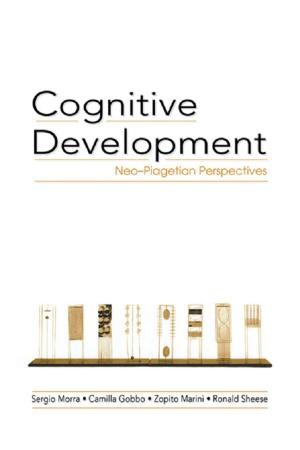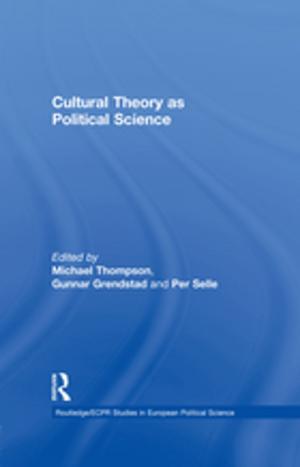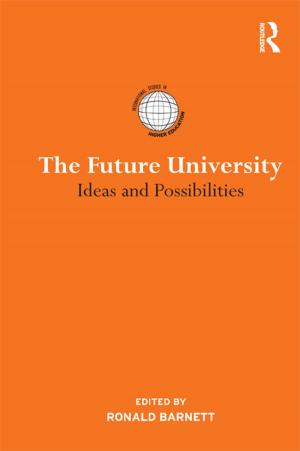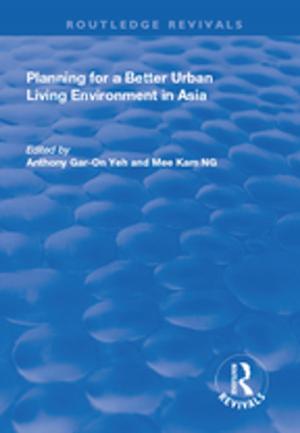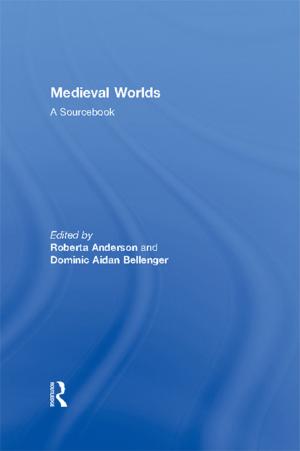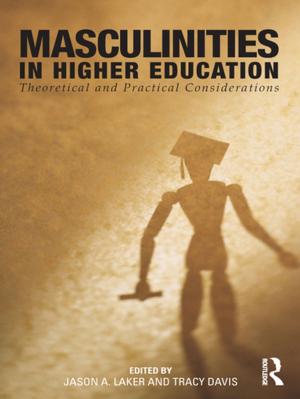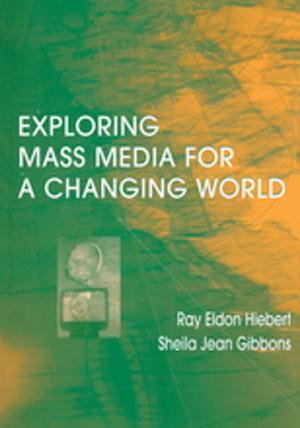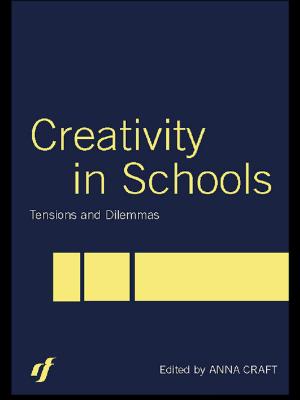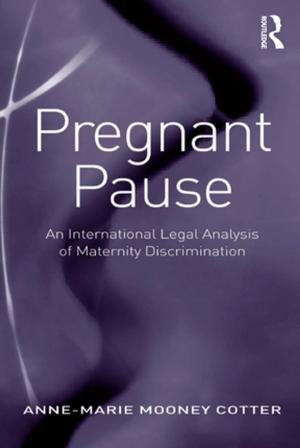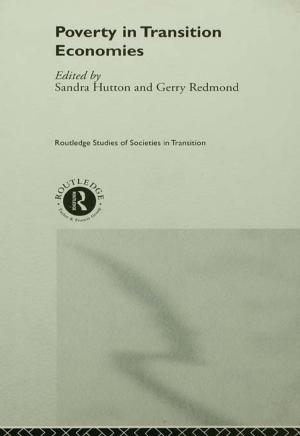Academic Literacy and the Nature of Expertise
Reading, Writing, and Knowing in Academic Philosophy
Nonfiction, Reference & Language, Language Arts, Public Speaking, Rhetoric, Communication| Author: | Cheryl Geisler | ISBN: | 9781136690839 |
| Publisher: | Taylor and Francis | Publication: | November 5, 2013 |
| Imprint: | Routledge | Language: | English |
| Author: | Cheryl Geisler |
| ISBN: | 9781136690839 |
| Publisher: | Taylor and Francis |
| Publication: | November 5, 2013 |
| Imprint: | Routledge |
| Language: | English |
The first full-length account integrating both the cognitive and sociological aspects of reading and writing in the academy, this unique volume covers educational research on reading and writing, rhetorical research on writing in the disciplines, cognitive research on expertise in ill-defined problems, and sociological and historical research on the professions.
The author produced this volume as a result of a research program aimed at understanding the relationship between two concepts -- literacy and expertise -- which traditionally have been treated as quite separate phenomena. A burgeoning literature on reading and writing in the academy has begun to indicate fairly consistent patterns in how students acquire literacy practices. This literature shows, furthermore, that what students do is quite distinct from what experts do. While many have used these results as a starting point for teaching students "how to be expert," the author has chosen instead to ask about the interrelationship between expert and novice practice, seeing them both as two sides of the same project: a cultural-historical "professionalization project" aimed at establishing and preserving the professional privilege.
The consequences of this "professionalization project" are examined using the discipline of academic philosophy as the "site" for the author's investigations. Methodologically unique, these investigations combine rhetorical analysis, protocol analysis, and the analysis of classroom discourse. The result is a complex portrait of how the participants in this humanistic discipline use their academic literacy practices to construct and reconstruct a great divide between expert and lay knowledge. This monograph thus extends our current understanding of the rhetoric of the professions and examines its implications for education.
The first full-length account integrating both the cognitive and sociological aspects of reading and writing in the academy, this unique volume covers educational research on reading and writing, rhetorical research on writing in the disciplines, cognitive research on expertise in ill-defined problems, and sociological and historical research on the professions.
The author produced this volume as a result of a research program aimed at understanding the relationship between two concepts -- literacy and expertise -- which traditionally have been treated as quite separate phenomena. A burgeoning literature on reading and writing in the academy has begun to indicate fairly consistent patterns in how students acquire literacy practices. This literature shows, furthermore, that what students do is quite distinct from what experts do. While many have used these results as a starting point for teaching students "how to be expert," the author has chosen instead to ask about the interrelationship between expert and novice practice, seeing them both as two sides of the same project: a cultural-historical "professionalization project" aimed at establishing and preserving the professional privilege.
The consequences of this "professionalization project" are examined using the discipline of academic philosophy as the "site" for the author's investigations. Methodologically unique, these investigations combine rhetorical analysis, protocol analysis, and the analysis of classroom discourse. The result is a complex portrait of how the participants in this humanistic discipline use their academic literacy practices to construct and reconstruct a great divide between expert and lay knowledge. This monograph thus extends our current understanding of the rhetoric of the professions and examines its implications for education.
